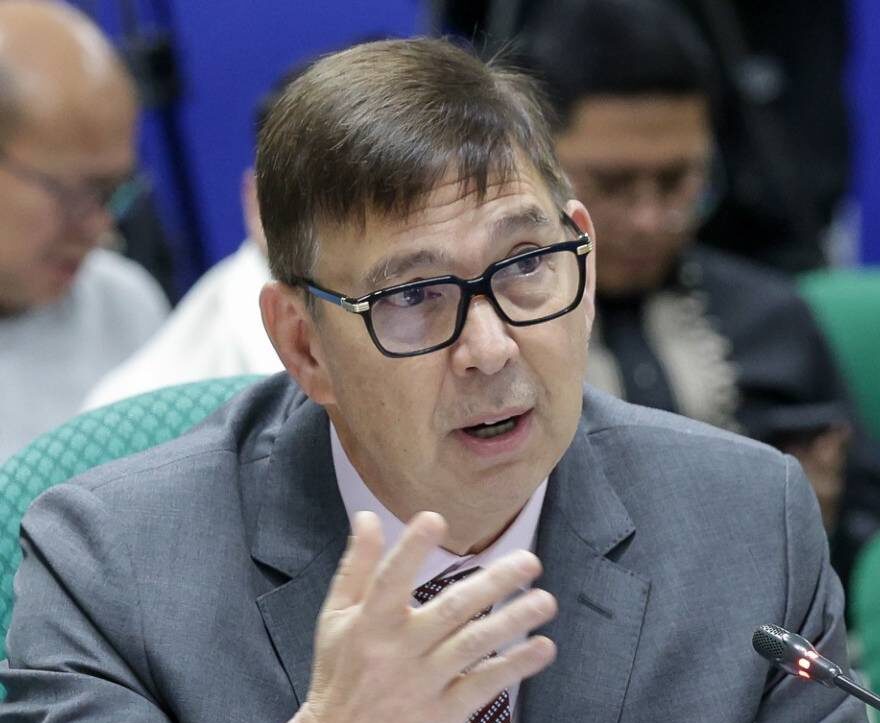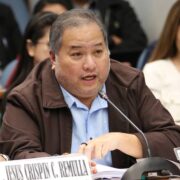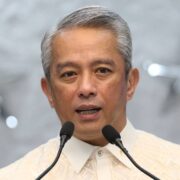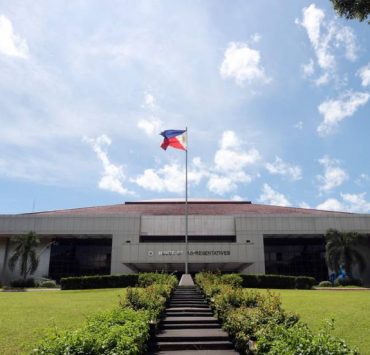The PhilHealth issue—Recto’s catch-22

I am a fan of Vilma “Ate Vi” Santos but not of Finance Secretary Ralph Recto. However, I understand his predicament with respect to the Philippine Health Insurance Corp. (PhilHealth) issue. As controversial as it is, I will take his side. He is damned if he does, and damned if he does not—a perfect catch-22. His stance on using a part of the PhilHealth fund is grossly unpopular and precarious. He may be thinking of running again for the Senate, and this decision may cost him his seat. This problem is not unknown to him as he had a similar experience when he defended an increase in the VAT rate some years ago.
But duty calls.
A budget deficit has been a chronic problem for the government. We always spend beyond our means. Consider that our spending for 2024 is estimated at P5.77 trillion. Compare this with a smaller amount of P4.27 trillion which the government can raise from taxes and other sources. Clearly, our spending exceeds our income. What can the government do?
We can reduce our spending. There are a number of expenditures that can be cut and legislators’ “projects” come to mind. This should be done, but the magnitude of cuts will not equal our deficit of P1.5 trillion.
The popular advocacies are to stop corruption, improve the Bureau of Internal Revenue’s (BIR) collection, and stop smuggling. But these are easier said than done. The revenues that can be forthcoming are expected to be “soft.” Hard numbers are needed so that the government can finance health services, build roads, and continue paying the salaries of government personnel. Several bills have got to be paid.
An inevitable tool when we are short of cash is to buy based on credit. The government uses this scheme as well. But borrowing has its cost. The government has to offer higher interest rates to attract lenders. This triggers a series of problems—higher borrowing costs lead to increased production costs which result in higher prices. And higher prices inflict the greatest hardship on the poor. We go through this problem every year.
And so, Secretary Recto looked at unspent and unutilized funds that were kept idle and invested in banks and bonds. Isn’t it more prudent to use these funds instead of borrowing? In addition, the Department of Finance (DOF) says that the national government front-loaded the expenses for COVID-19 prevention and mitigation which should have been financed by PhilHealth. In a way, the government had sought a reimbursement.
The DOF raises other concerns such as our inability to reach growth targets since development projects will have to be stopped. And there are commitment fees to be paid to donor institutions. There is the risk of a credit downgrade because of increased borrowings. To a simple mind like mine, these are secondary. What is foremost is the risk that government will be unable to finance its operations because it is cash-strapped.
I expect to be heavily criticized for this stance by my CSO friends. But having gone through a similar dilemma during the Asian Crisis, I do appreciate the bind that DOF is in. Faced with revenue shortfalls in 1996, President Fidel V. Ramos had to cut government spending by at least 10 percent including the allotment to local governments. He asked government-owned and -controlled corporations to declare dividends to the national government even before the year ended. Hard decisions had to be made which ultimately spared us from the crisis during his term. The budget even ended with a small surplus.
Sadly though, we will experience similar predicaments if the government continues the practice of earmarking funds. Special funds will continue to be in surpluses while the general fund remains bankrupt.
And despite Secretary Recto’s praises for the BIR and the Bureau of Customs for increasing their collection, data show that they have often failed to meet their targets. There are also many horror stories of how taxpayers are asked to come across and pay on the side.
There are many other challenges that he needs to address.
The delivery of services continues to move at a bureaucratic pace resulting in underspending and lost opportunities. PhilHealth services are no exception to this malady. And greed has yet to be controlled. We all suffer from the tragedy of commons when public officials look at public funds as a free resource. Well, they are not. They come from taxpayers’ hard-earned money which we could have used to improve our welfare.
Secretary Recto may say, these are beyond my control. The challenge for him is to be a Star for All Seasons.
Milwida Guevara served as finance undersecretary during the Ramos administration.

















